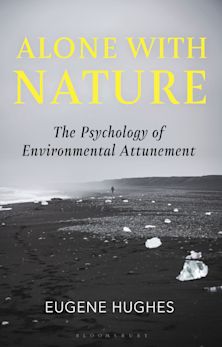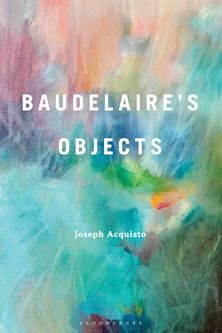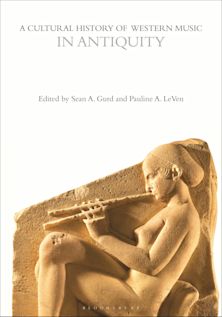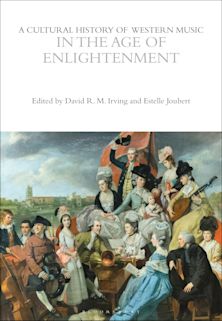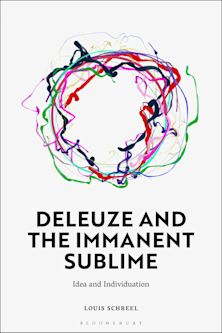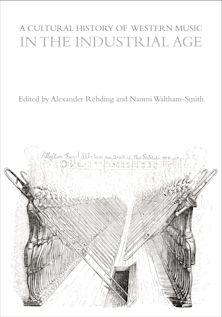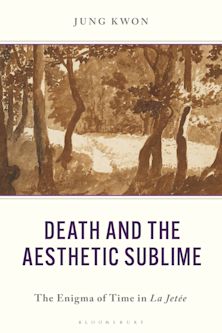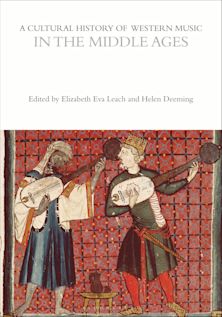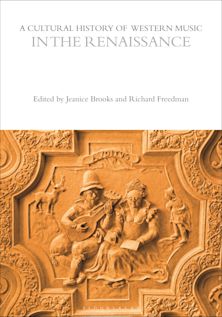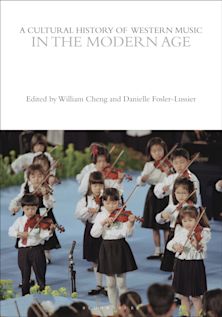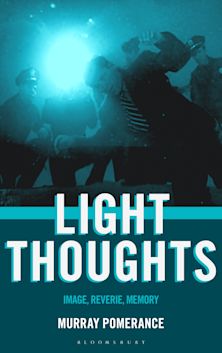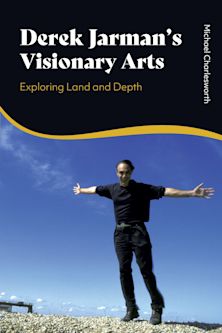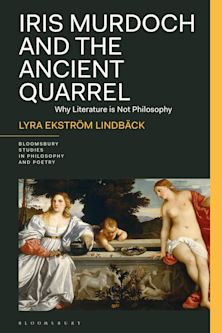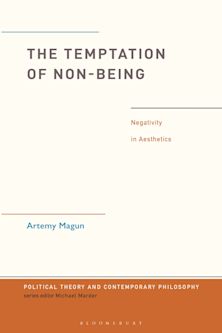- Home
- ACADEMIC
- Philosophy
- Aesthetics
- The Noise in Noise
The Noise in Noise
Uncertainty, Randomness and Control
The Noise in Noise
Uncertainty, Randomness and Control
You must sign in to add this item to your wishlist. Please sign in or create an account
Description
This book aims to thoroughly examine noise’s conceptual potencies and explore and amplify its epistemic consequences. The author explores the prospect of different “contextures” of a present made volatile by noise. In a moment when our species exhibits the capacity of global-scale coordination and the design of robust, adaptable social systems, we need to review the way in which we can harness uncertainty, randomness, and noise.
This philosophical work is informed by many different fields of contemporary science in order to assess and highlight the problems of the metascientific and ideological foundations of diverse projects of prediction and control of uncertainty. This conveys an analysis of how contemporary prediction technologies are dramatically transforming our relationship with the future and with uncertainty in a great number of our social structures.
Table of Contents
Chapter 1. a-history of Noise
Chapter 2. The Riddle of the Sphinx
Chapter 3. Noxiogenesis
Chapter 4. Conjuring Chance: Digital Omens and Platforms of Prediction
Chapter 5. The Over-Extended Mind? Pink Noise and the Ethics of Interaction-dominant Systems
Chapter 6. Noise and Synthetic Biology: How to Deal with Stochasticity?
Chapter 7. Seize the Means of Complexity: A Critique of Pancomputationalism
Conclusion
Bibliography
Index
About the Author
Product details
| Published | 20 Nov 2023 |
|---|---|
| Format | Ebook (PDF) |
| Edition | 1st |
| Extent | 1 |
| ISBN | 9798881873158 |
| Imprint | Rowman & Littlefield |
| Series | Media Philosophy |
| Publisher | Bloomsbury Publishing |
About the contributors
Reviews
-
Overturning the conventional subordination of ontic randomness to epistemic uncertainty, Miguel Prado Casanova proposes that randomness produces uncertainty as a generative condition for knowing. Noise is form-creating, not just form-destroying. It indexes a randomness in the real that enables cognition. Knowing relays reality’s self-making; it harnesses noise but does not tame it.
Ray Brassier, American University of Beirut
-
The Noise in Noise is an incandescent reenactment of the pre-Socratic origin of philosophy and science wherein the concept of noise is systematically and volcanically presented as an arche—a preindividual field or wellspring—for a much-required contemporary discourse about the entanglements between intelligence and intelligibility, cognizers and recognized worlds, structure and stuff broadly understood.
Reza Negarestani, The New Centre for Research & Practice
-
Concerning noise, The Noise in Noise is a book on the need of philosophizing in an age inclined to dismiss it. Prado Casanova’s book whispers a timely lesson in the breadth of literacies—metaphysical, epistemological, cultural and scientific—required of us by the shapes and possibilities of all the human and non-human operations that now compose a planet in metamorphosis, above and below the threshold of human perception.
Iain Hamilton Grant, University of the West of England

ONLINE RESOURCES
Bloomsbury Collections
This book is available on Bloomsbury Collections where your library has access.












